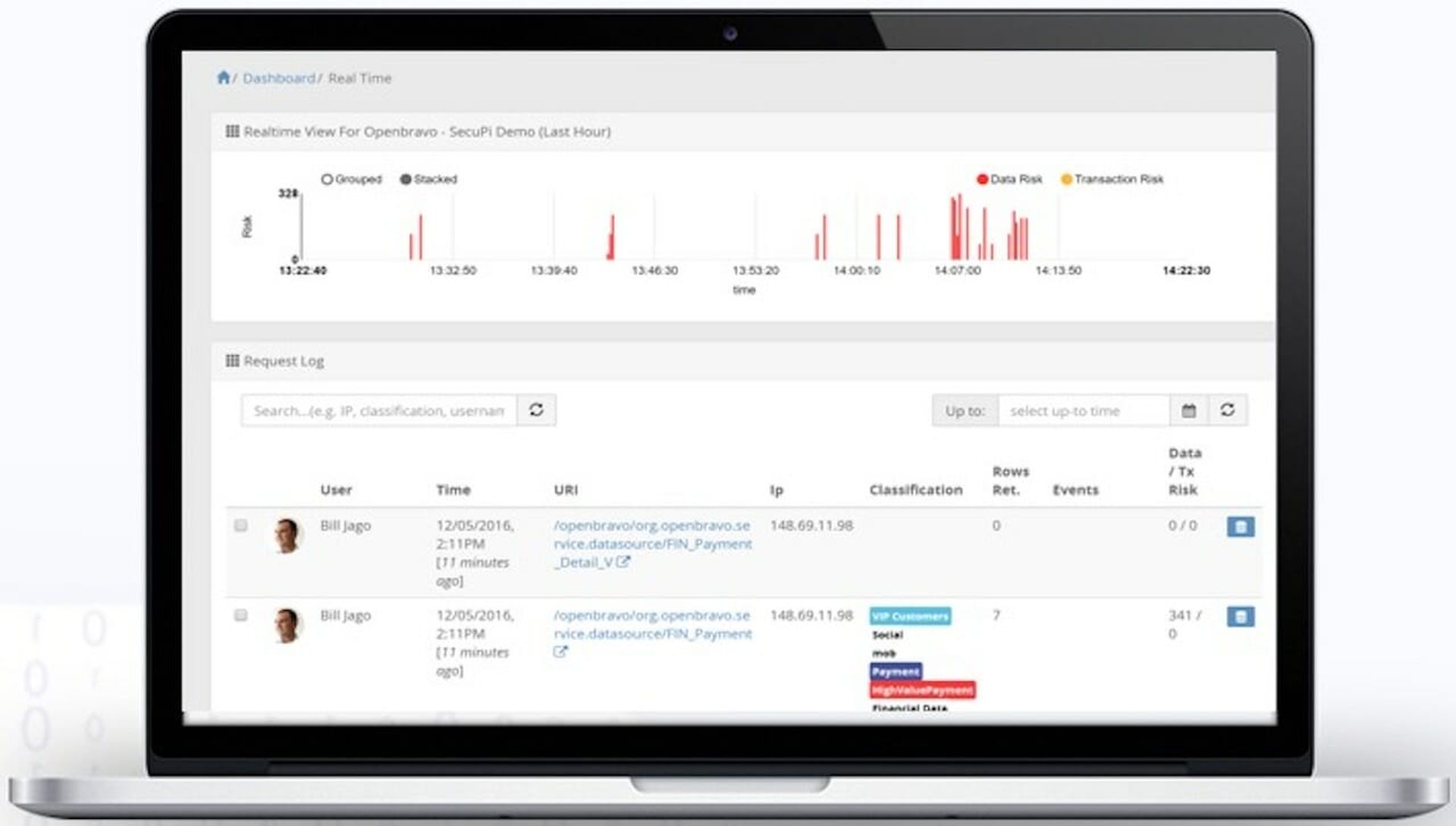
SecuPi operates between the end user or application used to access the data and the data layer itself, enabling SecuPi to support virtually any method used to access the data and any underlying data repository.
SecuPi helps its customers cope with the growing challenges of data mobility, protection, privacy, hybrid cloud migrations and outsourcing. These all pose their own unique and sometimes seemingly impossible challenges. With SecuPi, customers are better equipped to meet these constantly evolving privacy regulations, provide consistent, centrally-managed, fine-grained PBAC and data activity monitoring, and help the business take advantage of new and emerging technology platforms, outsourcing and data hosting options.
Click here to access all coverage of the 2021 SC Awards.
The company helps its customers eliminate barriers to business growth involving off-shoring, cloud hosting, work-from-home and meeting complex geo-location and government regulations without touching the database, application layer or database code. Customers are simultaneously lowering operating costs, reducing risk, enabling data mobility and improving compliance, allowing companies to focus on growing their core business with data security working with them, not against them to achieve common objectives.
SecuPi assures low TCO. The product replaces multiple security point solutions with a single platform. Capabilities include data discovery, classification, purpose or attribute based access control (PBAC/ABAC), accountability, monitoring, alerting and audit trail with data security enforcement. This includes encryption, tokenization, dynamic data masking and database activity monitoring.
“All software updates can be configured to apply automatically or follow customer mandated patching and change control processes and procedures,” the company wrote in its entry. “Product updates are dramatically simplified because they do not involve any changes to the applications or workstations used to access the data or the databases or other data repositories used to store the data whether legacy on-prem or hybrid cloud hosted platforms.”



